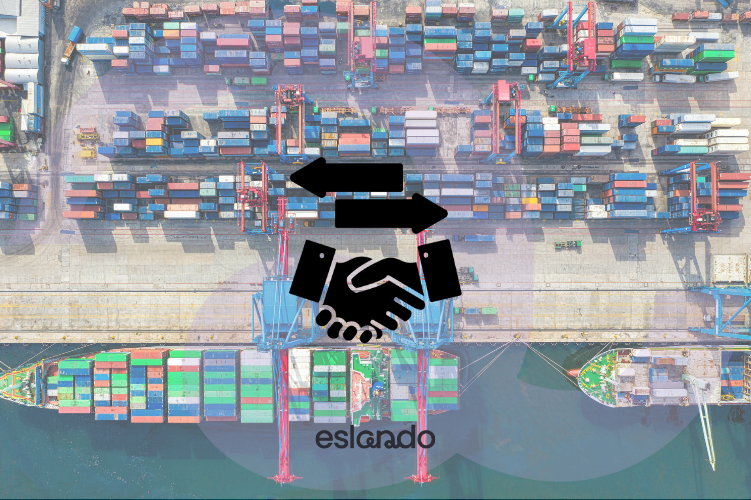September 2025 | Textile Recycling Blog
How to Trade Textile Waste
Finding the Right Sales Channels

If you’re a collector, trader, sorter, or recycler, one of your biggest challenges isn’t just handling textile waste—it’s finding the right partners to trade it with. The right buyer can turn waste into revenue; the wrong one can leave you with costs, delays, or even unsold stock.
But here’s the reality: textile waste is already a low-margin business. Every phone call, trade fair booth, or marketing campaign eats into your margins. That’s why it’s crucial to choose sales channels that give you the highest return with the least effort.
Let’s look at the main channels available to trade textile waste today—and weigh their pros and cons.
1. Direct Outreach (Phone, Email, Cold Calls)
Pros:
- Personal and direct.
- Allows you to build strong 1:1 relationships.
Cons:
- Extremely time-consuming.
- Difficult to scale beyond a handful of partners.
- Language and cultural barriers often slow down deals.
2. Trade Fairs & Industry Events
Pros:
- Great for networking and spotting trends.
- Face-to-face meetings help build trust.
Cons:
- High costs (travel, booths, logistics).
- Limited to a few days per year.
- No guarantee of actual deals after the event.
3. Industry Associations & Networks
Pros:
- Access to a vetted group of professionals.
- Useful for staying informed about policy and regulations.
Cons:
- Membership fees can be high.
- Limited visibility for your actual stock.
- Associations don’t actively help you close deals.
4. Social Media Marketing (LinkedIn, Facebook, WeChat)
Pros:
- Global reach, instant visibility.
- Free or low-cost to start.
Cons:
- Difficult to target the right buyers.
- Constant need for new content to keep algorithms happy
- Hard to build trust without secure transactions.
- Time-consuming content creation.
5. Online Marketplaces
Pros:
- Centralised platform where buyers and sellers meet.
- Scalable, with listings visible to many potential partners.
- Often cheaper and faster than trade fairs or cold outreach.
Cons:
- General marketplaces like Alibaba aren’t built for textile waste.
- Listings can get lost in unrelated categories.
- Lack of industry knowledge or transaction guarantees.
Why Eslando is Different
That’s where Eslando comes in. Unlike generic B2B marketplaces, Eslando is purpose-built for textile waste trade.
✔️ Our platform is designed for collectors, recyclers, and traders.
✔️ Listings are standardised so buyers can quickly find what they need.
✔️ Traders are already closing orders worth thousands of dollars—proving a clear ROI.
✔️ We don’t just connect you—we share knowledge and insights that help you trade textiles smarter.
For an industry where margins are tight, Eslando is the cheapest and most convenient way to find partners and trade textile waste.
Final Thoughts
Trading textile waste doesn’t have to mean endless cold calls, expensive trade fairs, or hoping someone spots your LinkedIn post. With the right sales channel, you can save time, cut costs, and grow your recycling business.
👉 Get in touch with us today to book a demo or join the Eslando marketplace.